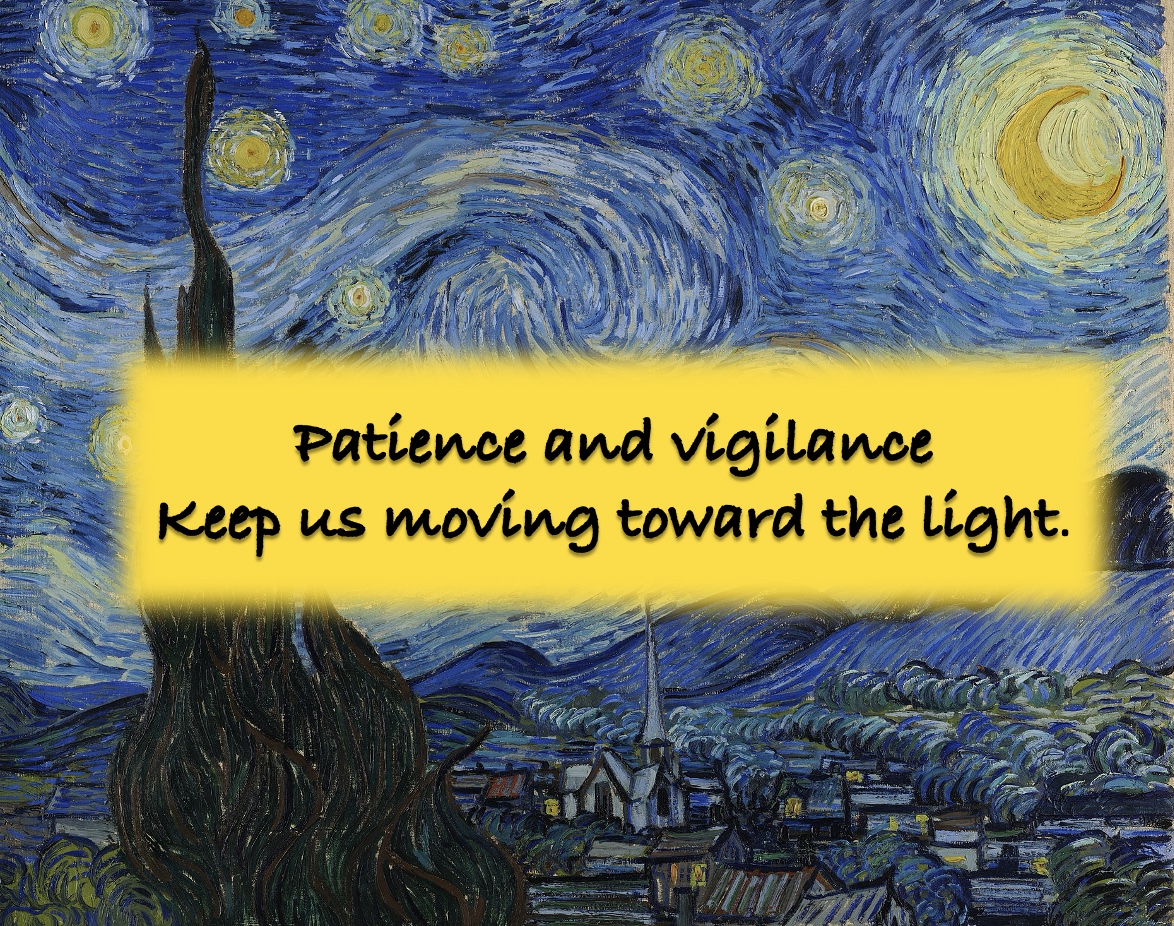On the longest night of the year, we drove through the fog looking for starlight. Other people had the same idea of driving uphill to see the conjunction of Jupiter and Saturn. In a parking lot in Prather, carloads of masked stargazers emerged from the fog and looked toward the heavens, seeking the Christmas star.
We are all looking for inspiration these days. If you rise above the fog, there are wonders to be found.
The last time the planets lined up like this was 800 years ago. The stars move at their own pace. We must learn to wait and keep our eyes open. The philosopher Marcus Aurelius said that stargazing washes away the filth of the earth. The cosmos teaches patience and perseverance.
This was a star-crossed year. Disease killed people and jobs. Our democracy teetered on the brink of disaster. Let’s drink a toast to all we’ve lost and endured. Let’s also learn from the light that shined in the darkness. If there is wisdom in the gloom, it comes from the values of the Enlightenment. It was science and law that prevented 2020 from being darker than it was.
When the Black Death hit Europe in the Dark Ages, astrologers blamed it on a triple conjunction of Jupiter, Saturn, and Mars. We know much more today about the stars and about disease. We know how to prevent contagion and predict the weather. We peer into the molecular basis of life and into the depths of space. We build vaccines and satellites. Let’s give thanks to the scientists who shed light.
One of the wonders of 2020 was the growth of virtual reality. Satellites, computers, and cell phones kept us connected in the gloom. Without these technologies, social distancing would have been impossible. Let’s give a shout out to the wizards of Silicon Valley.
Telecommunication transformed the field of education. Difficulties remain, including educational inequity and a digital divide. But students are learning in ways that could not have been imagined last year. Hurray for the educators — and the students and parents — who pioneered a new model of teaching and learning.
Our civic values were challenged in unprecedented ways. The year began with impeachment. It ended with outrageous falsehoods about a stolen election. This was a year of protests and anger. We are more polarized than ever. Racial animosity afflicts us. There is corruption in the halls of power.
But citizens enlightened ourselves about history and the Constitution. And ethical professionals held back the darkness. Lawyers and judges remained committed to their code of ethics. Soldiers, cops, and firefighters did their duty. Business leaders supported justice and the common good. Nameless bureaucrats served with honor and integrity. Enlightenment depends upon the good work of citizens and civil servants.
As this pestilential year comes to a close, what should we resolve for the future?
I propose we need to affirm the value of vigilance. “Eternal vigilance is the price of liberty,” they say. This is common sense for those who drive through fog. We must be mindful and alert. Watchful care is the key to enlightenment.
Vigilance is the moral of Albert Camus’s novel, “The Plague.” That book is an allegory about the plague of totalitarianism in the 20th century. Camus noted that plagues stimulate enlightenment by opening our eyes. We must learn “a vigilance that must never falter.” The good man, Camus said, “is the man who has the fewest lapses of attention.”
The stewards of civilization must be watchful, as we drive toward the light. New diseases are waiting to infect us. A random sneeze can start a pandemic. Tyrants and crooks wait to take advantage. Indifference leads to disaster.
Enlightenment is not something that just happens. Our scientific and technological prowess is the result of centuries of cultural evolution. Our legal system has a similar heritage. And the work of education is never done.
On sunny days, it’s easy to let your guard down. When the fog comes, it is easy to lose hope. But there are stars above the haze. Good and decent people live nearby. Science and reason provide hope in the darkness. Patience and vigilance keep us moving toward the light.



